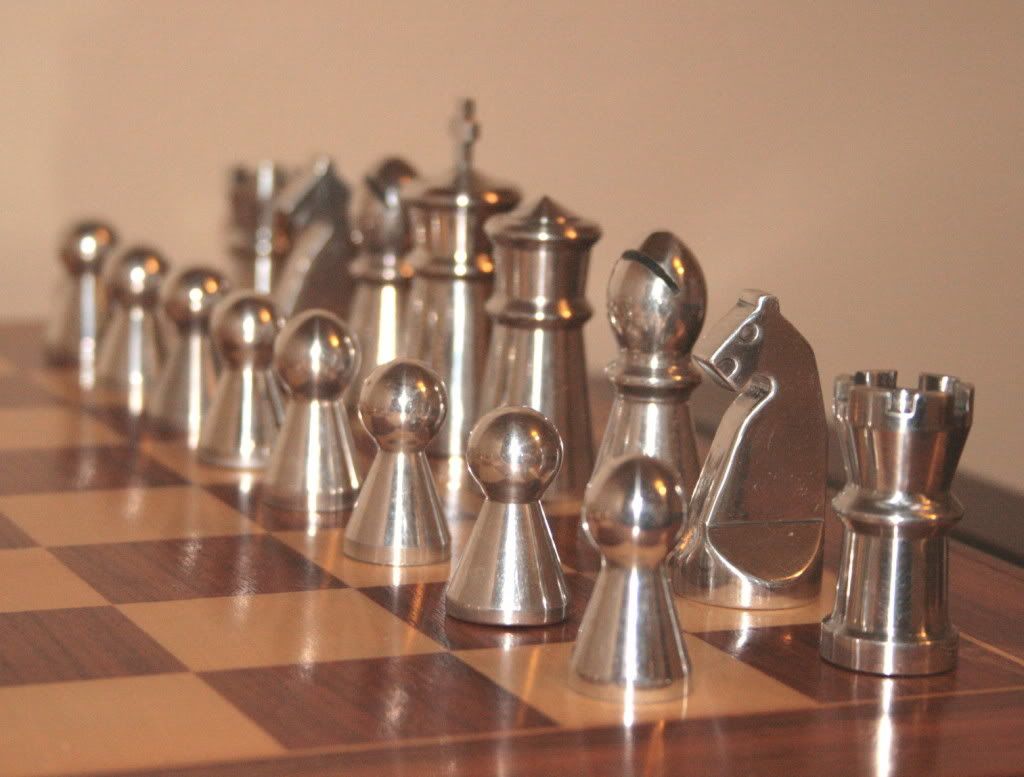found this on a web site some good ideas .Brass is a combination of two primary metals - copper and zinc. When brass is cast or forged it has the beautiful golden luster that we find appealing. The brass, however, is very unstable and unhappy. The brass grabs oxygen (oxidizes) or any other compatible ion from the air or rain in a rush to stabilize. This chemical reaction creates the tarnished appearance. The dull tarnish on brass is actually a defense mechanism that slows the corrosion process.
To protect brass from oxidation or tarnish manufacturers apply clear coatings at the factory. Lacquers, urethanes and other clear finishes can vary in film thickness and quality. Some may break down rapidly when exposed to the sun's ultraviolet (UV) rays. Acid rain and other air-borne contaminants can erode and eat through the coatings. The exposed brass then begins to tarnish. The uneven rate of tarnishing of your fixtures is most likely caused by different levels of quality in the coatings and the application process.
If you want brass hardware that doesn't tarnish, it is now available. Several manufacturers offer a lifetime tarnish-free warranty on their products. The brass is coated with different metals such as zirconium, nickel and palladium. The coatings are sometimes applied in a vacuum. They are usually only several molecules thick! This is why you can still see through to the brass.
Those of us who have older brass hardware have to restore and periodically re-coat it to maintain its brilliant luster. The restoration of decorative hardware usually begins with the removal of the old, worn clear coating. This can be accomplished easily with paint strippers. Follow the directions provided by the stripper manufacturer. Try to work in a shady, well ventilated area.
Once the old finish is removed, clean the brass hardware with soap and water to remove any residual stripper. The brass must be perfectly clean or the chemicals may corrode and discolor the brass. Wash and rinse several times if you feel it's necessary.
If the brass is severely tarnished you may have to use special chemical kits to restore the brass. These kits contain a special caustic solvent which chemically removes the oxidation. A neutralizing agent must then be applied. The neutralizer is then washed off with soap and water.
After the brass is dried, it can be buffed or polished to a mirror-like brilliance. Brass which is only slightly tarnished can be polished successfully with many of the off the shelf cleaners and compounds you commonly see at a grocery or department store. Lemon juice and salt mixed together also will do a great job. Once again, after the brass is shiny, be sure to wash it with soap and water. Buff it with a soft cloth to make it shine.
Once you have polished the brass, coat it with 3 or 4 coats of a UV resistant clear lacquer or high gloss urethane. Buff between coats with a soft cotton cloth. To maintain the shine of the brass, re-coat it with the lacquer or urethane at least once a year.





